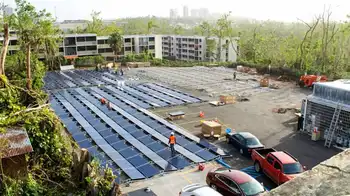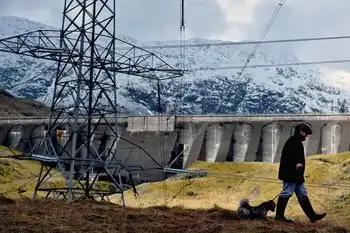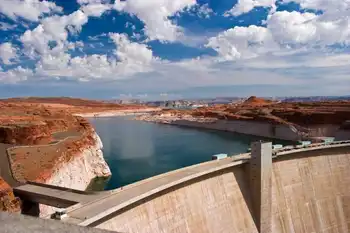Director irate over Site C report by BC Hydro
PEACE RIVER, BRITISH COLUMBIA - A seemingly ordinary Site C Dam update presented by BC Hydro turned into a heated debate.
At the Peace River Regional District PRRD meeting, Area C Director Arthur Hadland was troubled by many factors he said were missing from the Stage 2 report of BC Hydro's method to get the Site C project underway.
"I think this thing is a frame process. I do think a spin is going on," he said.
One of the issues Hadland brought up with BC Hydro was the lack of representation from the rural communities affected by the Site C Dam, stating that the invitations to the Site C announcement earlier this spring excluded the rural directors.
Community relations manager for Site C Dave Conway addressed the invitation matter by pointing out that invitations were sent to groups, not to individuals.
"Invitations come to the organization, which is the Regional District. I would think as a board you would deliberate on who the representative is," said Conway. "It is not excluded to being represented strictly by the chairÂ…. You the regional district decide who you want to send," said Conway.
Hadland countered.
"If you look around this table, it's all the mayors and the four electoral directors that represent this region. I think this is marginalizing and minimizing," he said.
Armed with statistics, Hadland argued that information from B.C. Stats refuted what BC Hydro presented regarding exporting energy.
Hadland said that in seven of the last 12 years, the province has been in a net export position.
Conway's reply was that StatsCan's numbers do not represent trade between the province of Alberta and BC Hydro, and that BC Hydro does not include numbers for the electricity produced by other producers in the province."When we refer to numbers for BC Hydro inboards, they are for BC Hydro, which is 95 per cent customer based in British Columbia," said Conway.
Hadland said he thinks that the British Columbia Utilities Commission needs to be involved as an objective body that would make a ruling.
"Then it's not done with a background political agenda," he said. "Because that's what this is all about." Hadland also mentioned alternatives that BC Hydro could look into citing the proposed Thunder Mountain wind project outside of Tumbler Ridge.
"It's capable of producing not quite twice what Site C is, yet it won't flood any agricultural land, it won't ruin the most beautiful valley in Western Canada, it won't cover up any of those old artifacts we have out thereÂ… and it'll leave the wildlife the way it should be. The way it was intended," he said. "And that is an alternative. That's way more than what would be produced by this project Site C."
"There's a big difference between wind and micro-hydro, and a large hydro project," explained Conway.
For example, on a high peak demand day in January, Christmas lights are on, people are back to work and it's 25 to 30 below zero, "we know that that energy will be there for us. With wind or micro-hydro, we don't know it's going to be there," said Conway.
"Wind capacity can't be guaranteed. You need five megawatts of wind to equal one megawatt of capacity with large hydro."
Conway said that BC Hydro does look to other resources for power other than hydro. "We are purchasing it wind powerÂ… it's not one thing or the other, we need it all, and all of it starts with energy conservation."
It is forecast that in the next 20 years, the provincial population will grow by more than one million people, and electricity requirements will increase by 20 to 40 per cent. BC Hydro does not have enough hydroelectric assets to meet this estimated demand.
But Hadland was still not convinced, and said he will persist in the fight against Site C.
"There's no objectivity," he said. "That Stage 2 report is just awful, there's nothing of any substanceÂ… it's more of the spin and we don't know what is true."
Related News

Canadian Solar and Tesla contribute to resilient electricity system for Puerto Rico school
PUERTO RICO - Eleven months since their three-building school was first plunged into darkness by Hurricane Maria, 140 students in Puerto Rico’s picturesque Yabucoa district have reliable power. Resilient electricity service was provided Saturday to the SU Manuel Ortiz school through an innovative scalable, plug-and-play solar system pioneered by SunCrate Energy with Black & Veatch support. Known as a “SunCrate,” the unit is an effective mitigation measure to back up the traditional power supply from the grid. The SunCrate can also provide sustainable power in the face of ongoing system outages and future natural disasters without requiring diesel fuel.
The humanitarian…




